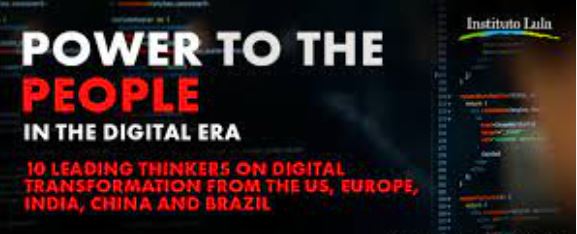
Sobre o curso
We face an unprecedented change in the nature of international political economy – the shift to a digital age. The shift is driven by a qualitative change in technology, itself an outcome of structures, competitions and choices under the waning period of neoliberal globalization, and with implications for the way we live, work, interact, and the potential for war, peace and survival on this planet. As Gramsci described for moments of epochal change, “the old is dying but the new cannot yet be born; in this interregnum a great variety of morbid symptoms appear.” Such moments of transition often trigger crisis, calling for an understanding of the digital age as a technological, economic, geopolitical, social, and ecological transition. The proposed program attempts to understand the current moment of crisis and the transition underway, and it attempts to address the crisis with public policy, civic organization, and international solidarity.
To address the challenges of the digital age, the current set of ten seminars includes theoretical and historical content as well as country and sectoral examples. In particular, the seminars ask what defines the technological transitions we face and what are the implications in areas of development, geopolitics, and democracy? How has digitization changed the way we work, live, govern ourselves, and interact internationally? Further, in what ways are the challenges of the current moment faced differently, with what possibilities, when it comes to experiences of the global North and South? To address these questions, experts have been drawn from the US, Europe, China, India, and Brazil.
Conteúdo do Curso
MODULE 1
-
Class 1
32:16 -
Class 2
29:07 -
Class 3
32:16 -
Class 4
31:18
MODULE 2
STUDY MATERIALS
Student Ratings & Reviews

